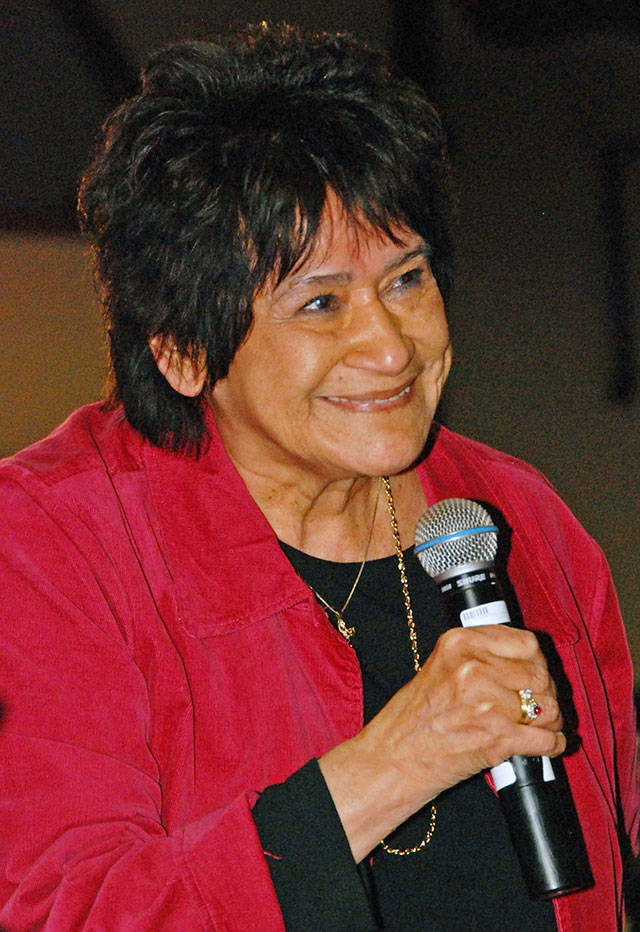Washington Attorney General Bob Ferguson didn’t have to take the culvert case all the way to the U.S. Supreme Court. Instead of continuing the state’s shameful history of denying tribal treaty-reserved fishing rights, he could have chosen a path of cooperation that has shown remarkable results in our state.
On June 18 the Supreme Court let stand a strong lower court ruling requiring the state to fix hundreds of fish blocking culverts under state roads in western Washington. The ruling will open hundreds of miles of high quality salmon habitat that will produce hundreds of thousands more salmon annually for harvest by everyone.
Tribes filed the case in 2001 because the state’s rate of replacing failed culverts would have taken at least 100 years to complete. Salmon don’t have that kind of time. Their populations grow smaller every day because we are losing habitat faster than it is being restored.
In 2013, Federal District Court Judge Ricardo Martinez issued a common-sense ruling – upheld by two federal appeals courts and now affirmed by the Supreme Court – that treaty rights require there to be fish available for harvest. Judge Martinez gave the state 17 years to fix the highest priority blocking culverts.
That could have been the end of it, but instead the state dragged the case out for four more years of appeals before reaching the Supreme Court. Four more years of lost time, lost funding, lost habitat and lost salmon.
We’ve been here before.
In the mid-1980s a war raged in the forests of Washington. Timber companies, environmental groups, tribes, state and federal agencies, and others were battling in court over the effects of timber harvests on fish and wildlife habitat. Time, money and effort that could have been better spent on protecting and restoring our shared natural resources were instead being wasted in court.
Our late chairman, Billy Frank Jr., looked for another path – a path of cooperation – and he found it. He asked the late Stu Bledsoe, executive director of an industry trade group, if the timber companies would be willing to work together to find a way forward.
Bledsoe agreed to try, and after many months of negotiations by all the parties involved, the Timber/Fish/Wildlife Agreement was born. It ended the war in the woods with a cooperative science-based management approach that ensures a healthy timber industry while also protecting fish and wildlife.
That partnership is still going strong today and shows the great things we can do when we work together to solve a shared problem.
There is a choice to be made now that the Supreme Court has made clear that the treaties promised tribes there would always be salmon to harvest, and that the state has a duty to protect those fish and their habitat. One thing is certain: We will never stop fighting to protect and restore salmon habitat because that is the key to recovery.
For tribes, our treaty-reserved rights are among our most precious possessions. We do not risk them lightly by having them argued in court. But when we are forced to do it, we will. And when we do, we will win, just like the last eight times that our treaty fishing rights have gone before the Supreme Court. And when we win, so does the resource and every single person who lives here.
Natural resources management does not have to be a zero-sum game. There don’t have to be winners and losers. We can be partners. After all, we all want the same things: healthy people, healthy natural resources and a healthy economy.
We can all win if we work together. Billy Frank and Stu Bledsoe showed us how.
Lorraine Loomis is chair of the Northwest Indian Fisheries Commission. Call 360-438-1180 or see www.nwifc.org.



